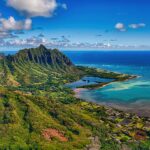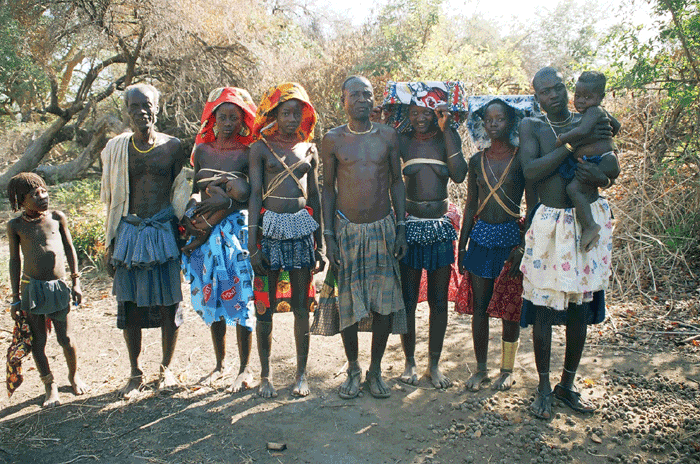The people of Angola are diverse, with a rich cultural heritage influenced by various ethnic groups. Here is some information about the people of Angola:
1. Ethnic Groups: Angola is home to numerous ethnic groups, each with its own distinct traditions, languages, and cultural practices. The largest ethnic group is the Ovimbundu, followed by the Mbundu and the Bakongo. Other prominent ethnic groups include the Lunda-Chokwe, Ngangela, and Nyaneka-Humbe, among others.
2. Languages: The official language of Angola is Portuguese, inherited from the colonial period. However, there are several Bantu languages spoken by different ethnic groups, such as Umbundu, Kimbundu, Kikongo, and Chokwe. These languages reflect the linguistic diversity of the Angolan people.
3. Religion: Angola is predominantly Christian, with the Roman Catholic Church being the largest Christian denomination. Protestantism, particularly various evangelical and Pentecostal churches, has also gained significant popularity. Additionally, there are followers of indigenous religions and a small Muslim community.
4. Traditional Culture: The cultural traditions of the Angolan people are deeply rooted in their ethnic heritage. Traditional music, dance, and art play a vital role in their cultural expression. Each ethnic group has its own unique dances, musical instruments, and ceremonial rituals.
5. Cuisine: Angolan cuisine is diverse and influenced by the country’s history and geography. Staple foods include cassava, maize, rice, and beans, which are often accompanied by various meats, such as chicken, fish, and beef. Popular dishes include funge (a porridge-like dish made from cassava flour), muamba de galinha (chicken stew), and calulu (fish stew).
6. Festivals: Festivals and celebrations are an integral part of Angolan culture. The National Heroes’ Day on September 17th commemorates the country’s struggle for independence. Additionally, traditional festivals, such as the Kimbanda Festival, celebrate ancestral spirits and cultural heritage.
7. Sports and Recreation: Football (soccer) is the most popular sport in Angola, and the national football team has a passionate following. Other sports, such as basketball, handball, and athletics, also have a significant presence. Angolan athletes have achieved success in international competitions, particularly in basketball.
8. Resilience and Rebuilding: The Angolan people have faced significant challenges due to a long-lasting civil war that ended in 2002. Despite the impact of the war, the Angolan people have shown resilience and determination in rebuilding their country and striving for a better future.
The people of Angola represent a rich tapestry of ethnicities, languages, and cultural practices. Their diverse heritage and collective efforts contribute to the vibrant and evolving identity of the Angolan nation.



















Add Comment